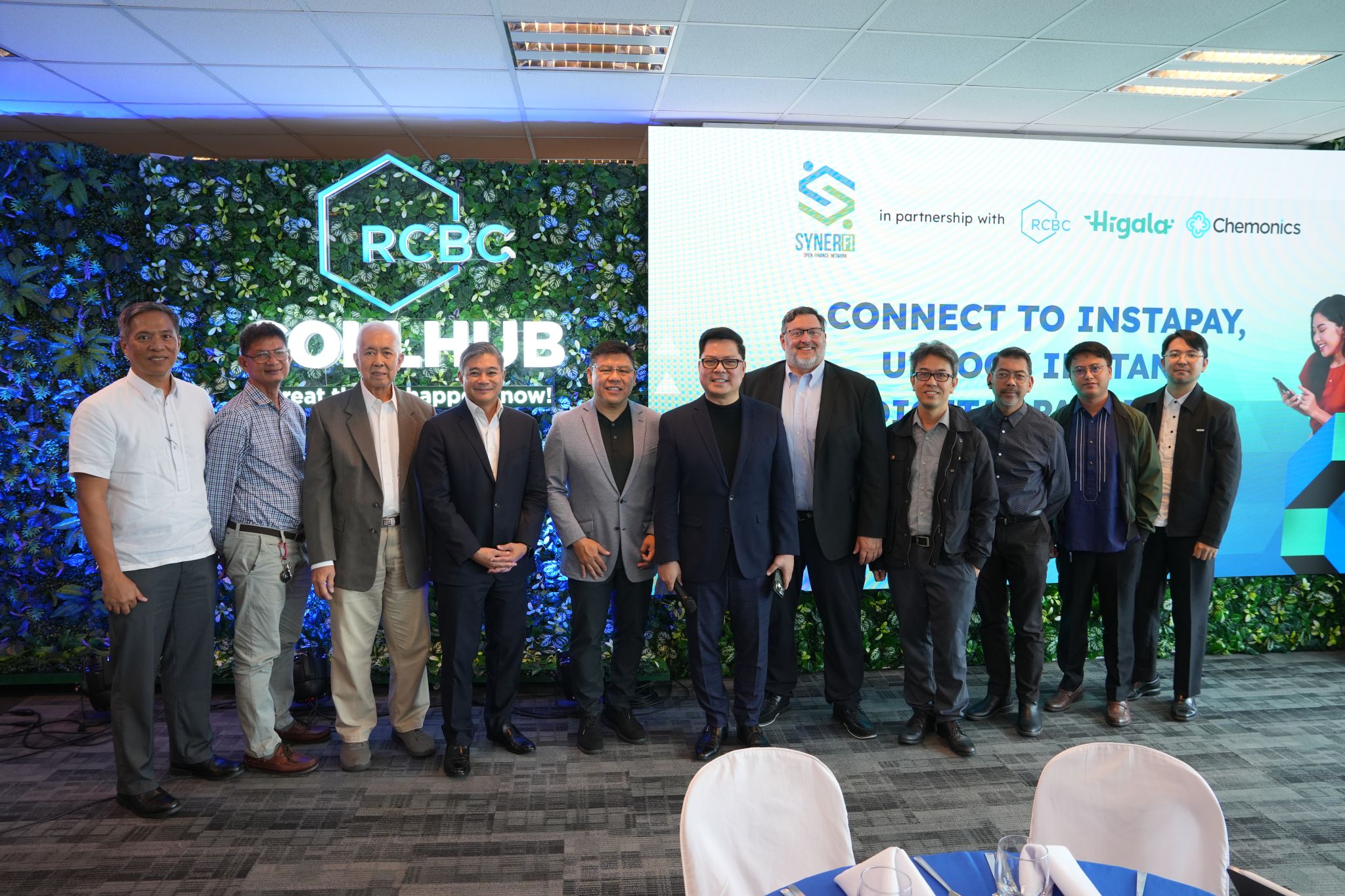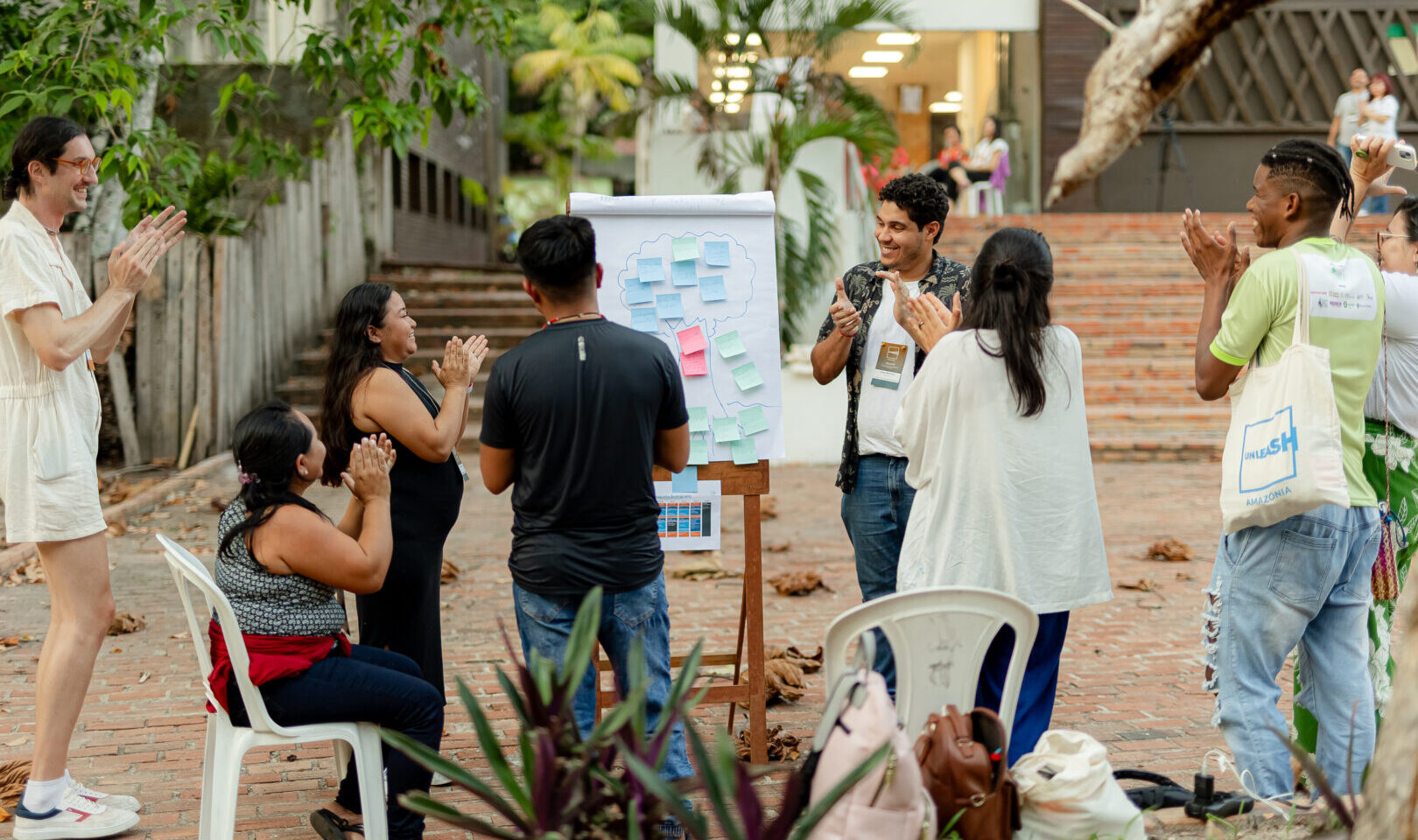When floods hit the central Nigerian city of Makurdi during the recent rainy season, Margaret Beetsel knew her work as a community health worker would be more difficult, but not impossible. So, she climbed into a canoe and made her rounds, delivering medicine to eligible children to help prevent severe, and often deadly, malaria.
Beetsel, 48, paddled through the watery streets to administer sulphadoxine-pyrimethamine and amodiaquine (SPAQ) to children aged 3 to 59 months as part of a seasonal malaria chemoprevention (SMC) campaign in hard-to-reach communities. SMC involves administering antimalarial drugs in four monthly cycles during high malaria transmission periods, as the World Health Organization recommends.
“I am happy that I successfully reached most of the households in my community,” Beetsel said. She is one of nearly 5,000 community drug distributors trained to administer SPAQ in Benue State, named after the Benue River, one of Nigeria’s largest, that cuts through the state’s northern tip. A recent report by the SMC Alliance, a coalition of national malaria control programs and international organizations and research groups, quoted Unitaid as saying that SMC over the past 10 years had prevented 160 million malaria cases and saved more than 700,000 lives.
High Costs of Malaria
Reaching communities cut off by flooding or other natural disasters, conflict or insecurity, geographical challenges, language barriers, lack of education, or poor health infrastructure is critical for taking the global malaria fight to the next level.
“Anyone unable to get all the malaria services they deserve because of all these barriers is considered unreached,” said Mulamuli Mpofu, senior director of Global Malaria Programs at Chemonics. “But also add a quality dimension as well, because those [who receive] services which are not of good quality are unlikely to get the desired benefit from those interventions and we can consider them unreached as well.”
Following setbacks caused by the COVID-19 pandemic, the international community is rethinking some approaches to reducing malaria incidence and deaths. Working more closely with communities, including community health workers like Beetsel, is a priority strategy for Chemonics and its partners.
The costs of not reaching all who need malaria services are enormous to individuals, families, communities, and national governments. People in lower- to middle-income countries where malaria is endemic often cannot afford the expenses of traveling to pharmacies and clinics to obtain malaria treatment. Missing school and work also carry a cost. Africa alone loses an estimated $12 billion annually in economic productivity because of malaria.
Heavy Malaria Burden
Nigeria, Africa’s most populous country, leads the world in malaria deaths (31.3%), followed by the Democratic Republic of the Congo (12.6%), Tanzania (4.1%), and Niger (3.9%), according to the 2022 World Malaria Report. Children under five accounted for about 80% of all malaria deaths in sub-Saharan Africa.
Chemonics works with local and international partners in Nigeria and other African countries to prevent, detect, and treat malaria infections and prevent malaria-related deaths. Interventions include training community health workers, supply chain technicians, health workers, and data collectors; investing in health and information systems; providing technical assistance and mentorship to national malaria control programs; and establishing a culture of data use for decision-making to implement and scale up high-impact interventions for vector control, malaria diagnostics, and case management.
In Nigeria, the Chemonics-implemented USAID Global Health Supply Chain Program-Procurement and Supply Management Project (GHSC-PSM) delivers cost-effective, life-saving malaria interventions, including SMC, to over 5,000 health facilities across the country. Over the past seven years, the project has delivered more than 50 million insecticide-treated bed nets to at least 20 million households in 12 of Nigeria’s 36 states. In addition, GHSC-PSM delivered nearly 83 million rapid test kids and more than 111 million treatments to help detect and treat malaria.
Making a Difference
Community drug distributors trained by GHSC-PSM, with funding from the U.S. President’s Malaria Initiative, conducted the SMC campaign in Makurdi during the rainy season from July through October 2022, when malaria prevalence is high, to reduce uncomplicated and severe malaria episodes. When given to a child, SPAQ prevents the malaria parasite from multiplying in the blood for about 28 days.
Since 2016, GHSC-PSM has procured and delivered more than 24 million doses of SPAQ through SMC campaigns in Zamfara and Benue states. Sulfadoxine-pyrimethamine is also used for intermittent preventive treatment for pregnant women, while amodiaquine has been used for decades to treat uncomplicated malaria.
“Since receiving the SPAQ, my son’s malaria symptoms have reduced. He has not missed a single day out of school,” said Sarah Aduku Mngusuun, whose four-year-old son had frequent bouts of malaria. “We have not visited the hospital and I have not had sleepless nights.”
Photo credit: A lagoon in Lagos, Nigeria.



